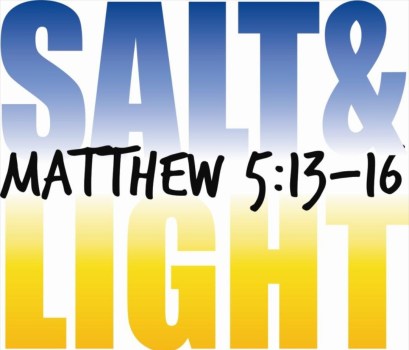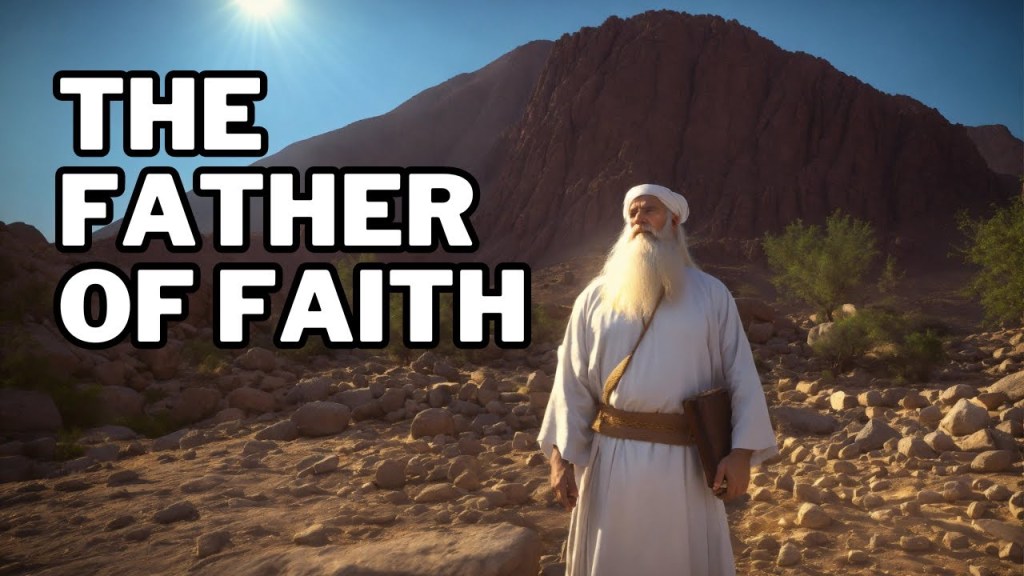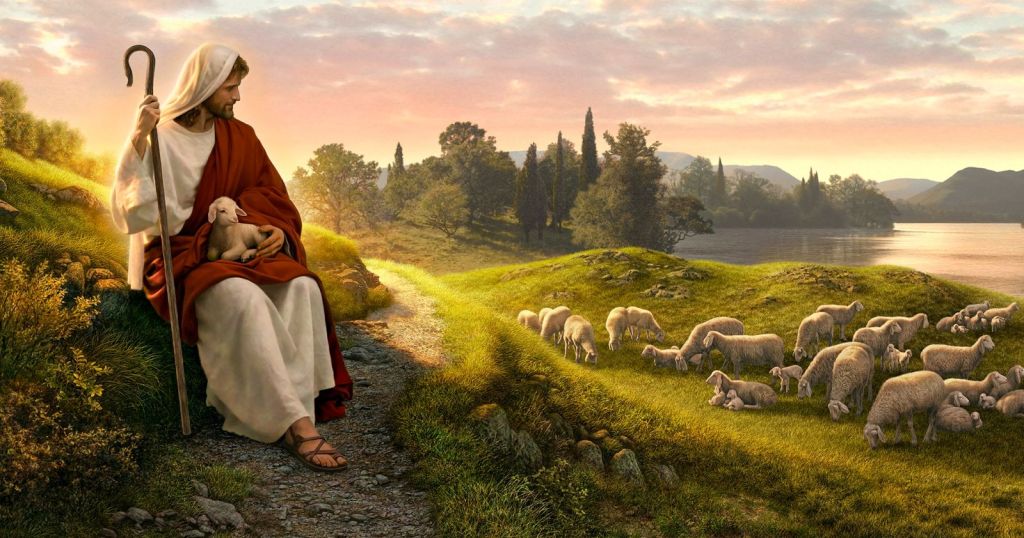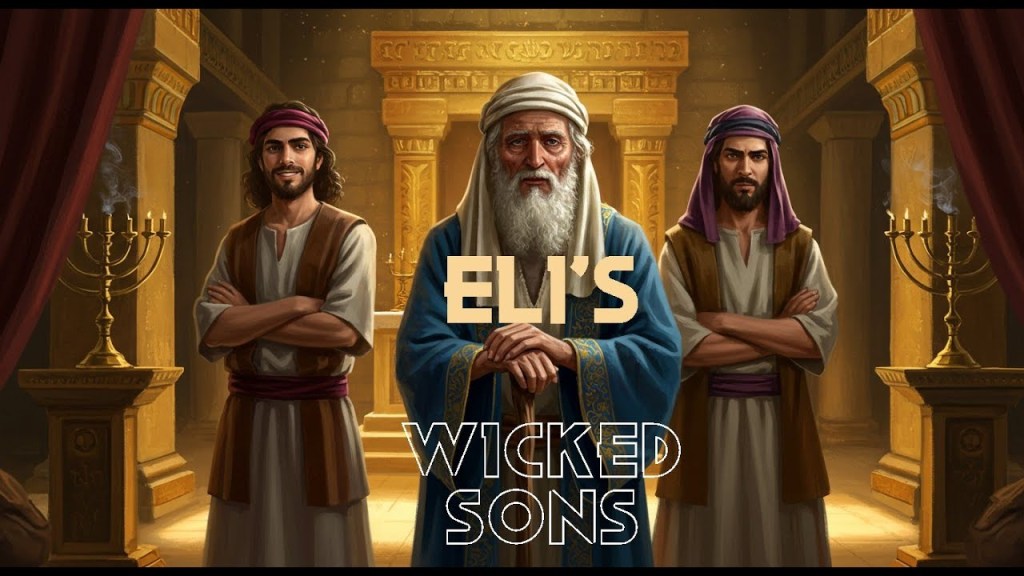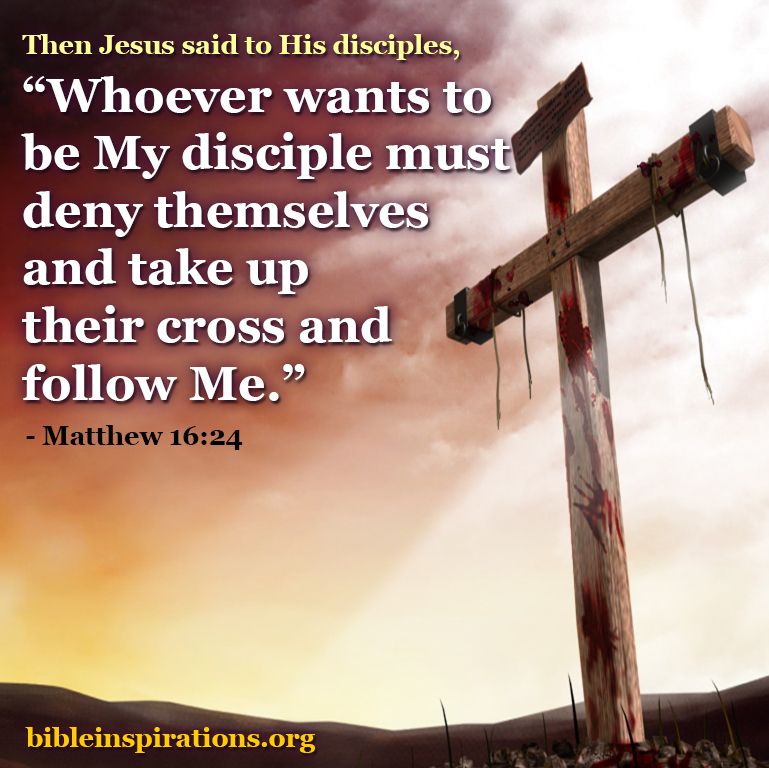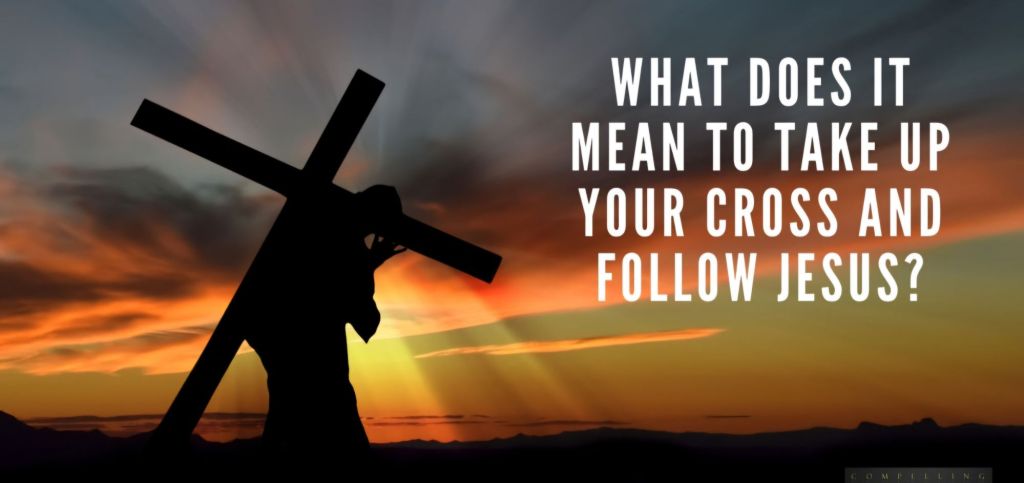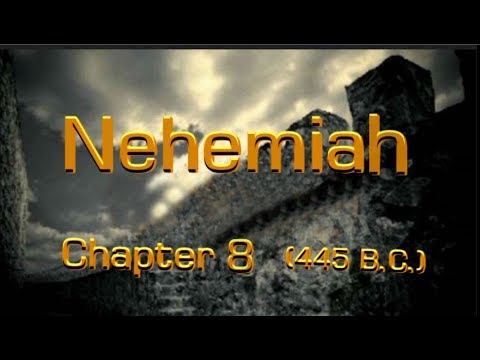
The first mention of this subject on “The joy of the Lord” is mentioned in Nehemiah 8:10…
Here’s the backstory:
Nehemiah instructed the people to, “Go your way, eat the fat, drink the sweet, and send portions to those for whom nothing is prepared; for this day is holy to our Lord.”
And “Do not sorrow, for the joy of the Lord is your strength.”
____
Chapter 8, in Nehemiah, starts out by talking about Ezra.
Ezra was an ancient Israelite priest and scribe who led a group of Jewish exiles back from Babylon to Jerusalem, where he worked to restore religious life and adherence to God’s law during the Second Temple era.
His work involved reintroducing the Torah, teaching the Law of Moses, and addressing issues like mixed marriages among the returning exiles, leading a significant spiritual revival.
He is credited with writing the Book of Ezra, which, along with the Book of Nehemiah, chronicles this period of post-exilic restoration.
In Nehemiah 8:10-11. the people were told, “Go and enjoy choice food and sweet drinks, and send some to those who have nothing prepared.”
This day is sacred to our Lord.
While the reading of the law produced genuine remorse, sacred days were meant as celebrations of God’s benevolence.
Ezra instructed the people to enjoy a feast and to eat the best they had.
In addition, they were to share with others.
Both of these instructions come from the Deuteronomic writings (see Deut. 26).
The commemoration of God’s goodness was to result in joyous festivities, and no sacred food was to be eaten while in mourning.
It was a day to delight in being part of God’s covenantal people.
Once again we see that this assembly was not a spontaneous get-together but a planned event since the people had already prepared their foods.
The instruction to share with those who had nothing prepared probably refers to the poor and the foreigners among them.
And Ezra concluded, “Do not grieve, for the JOY of the LORD is your strength.”
The primary Hebrew word for joy is simcha (שִׂמְחָה), a noun meaning gladness or mirth, derived from the verb samach (שָׂמֵחַ) (to rejoice).
In Hebrew thought, especially within the biblical context, simcha often represents a deep, meaningful joy that is not merely an abstract feeling but a concrete, active experience rooted in fulfilling divine purpose, celebrating God’s blessings, and expressing an inner state through visible actions like singing, dancing, or clapping.
In verse 9 we read that the people wept openly when they heard God’s laws and realized how far they were from obeying them.
But Ezra told them they should be filled with JOY because the day was sacred.
It was time to celebrate and to give gifts to those in need.
Celebration is not to be self-centered.
Ezra connected celebration with giving.
This gave those in need an opportunity to celebrate as well.
Often when we celebrate and give to others (even when we don’t feel like it), we are strengthened spiritually and filled with joy.
Enter into celebrations that honor God, and allow Him to fill you with His joy.
Celebrate out of joy for what He has done, and you will want to give freely.
Ezra, not Nehemiah, was the official religious leader, and It is significant that Nehemiah was a layman, not a member of the religious establishment or a prophet.
He was motivated by his relationship with God, and he devoted his life to doing God’s will in the world.
Such people are crucial to God’s work in all aspects of life.
No matter what your work or role in life, view it as God’s special calling to serve Him.
God can accomplish His purposes through you, beginning right where you are.
So what is the joy of the Lord?
The joy of the Lord is a deep, supernatural gladness that comes from knowing God, abiding in Christ, and being filled with the Holy Spirit.
This joy is not dependent on external circumstances and is a source of strength, even during trials.
In John 15:11-16 (The Message Bible) Jesus tells us,
11-15 “I’ve told you these things for a purpose: that My joy might be your joy, and your joy wholly mature.
This is my command: Love one another the way I loved you.
This is the very best way to love.
Put your life on the line for your friends.
You are my friends when you do the things I command you.
I’m no longer calling you servants because servants don’t understand what their master is thinking and planning.
No, I’ve named you friends because I’ve let you in on everything I’ve heard from the Father.
16 “You didn’t choose Me, remember; I chose you, and put you in the world to bear fruit, fruit that won’t spoil.
As fruit bearers, whatever you ask the Father in relation to Me, He gives you.”
____
Jesus spoke these words during His last discourse with His disciples at the Last Supper to explain His teachings were for them to experience His joy and to prepare them for the challenges ahead, assuring them that their eventual sorrow would be transformed into joy.
SELAH (let us pause and calmly think about these things)
Come join the Adventure!
Skip 🕊️
